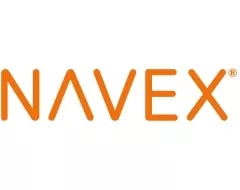In April 2019, a new EU Whistleblower Protection Directive was approved, aimed at protecting the rights of whistleblowers. One of the outcomes of the new law is that all organisations in the EU with more than 50 employees will be obliged to provide safe reporting channels within two years. At the same time, fighting corruption, discrimination and harassment has risen to the top of management and board agendas globally. Whether an organisation is looking at whistleblowing systems as a matter of compliance, as a risk management hygiene factor or as a way to give its people a voice, the role played by its management team and board is decisive for the whistleblowing results to be successful and valuable.
WhistleB´s co-founder and partner Gunilla Hadders has been interviewed in The Chief Executive Officer. "With the new law, whistleblowers will be protected even if they decide to report externally to the organisation in question," says Gunilla Hadders to The Chief Executive Officer. "Our advice to management teams and boards is therefore to do everything they can to encourage internal reporting. After all, it is better to deal with wrongdoing internally, than risk sensitive information ending up in the public domain."
The key purpose of any whistleblowing system is to enable companies to detect and act on misconduct before it causes too much damage. Today, organisations are seeing wider benefits from such systems, states the article
The content of this article is intended to provide a general guide to the subject matter. Specialist advice should be sought about your specific circumstances.

